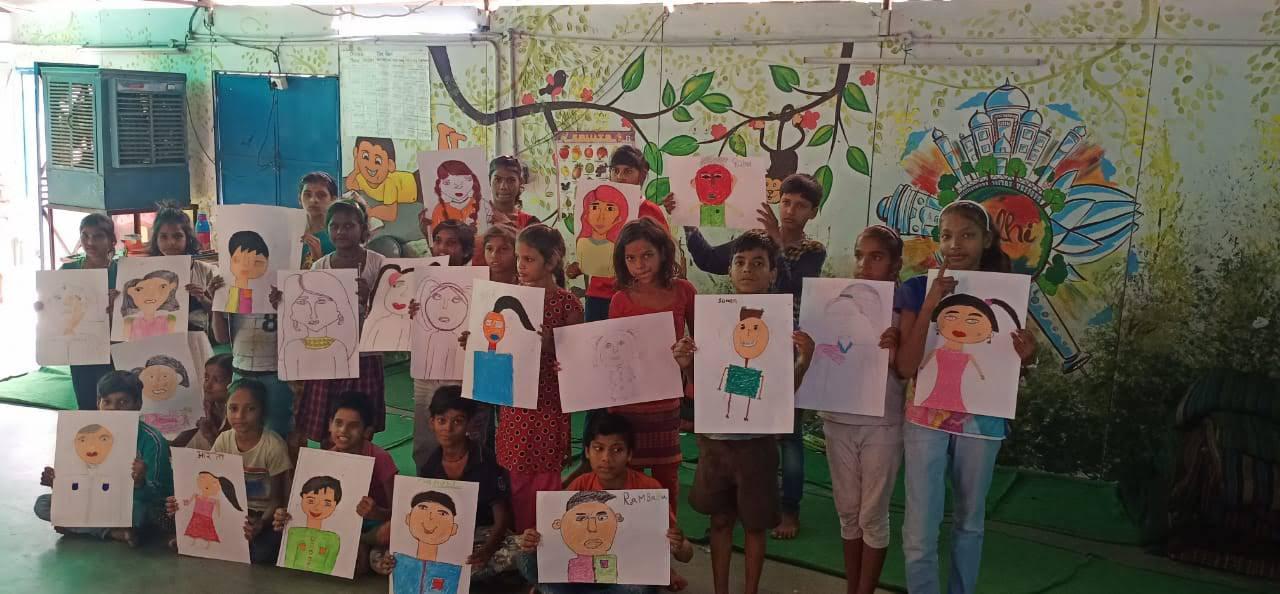All in all, I believe that the policy is very extensive and most importantly has tried to address the majority of the concerns/challenges faced by the educational sector. It is in line with international standards of removing rigid boundaries in terms of course selection and allowing full flexibility to students to take up courses/specializations in areas of their interest. It also emphasizes the importance of non-academic attributes and various soft skills, which indeed are the defining characteristics of any individual. It has also for the first time addressed that there are more than two genders and have mentioned transgender as a separate gender. This I believe is setting the benchmark for all other future policies and is definitely a move in the right direction.
The focus on practical learning and incorporating internships from class 6 onwards, which will help the students apply their learnings in a real-life setup, will help them understand the on-ground challenges better. It will also help the students understand their strengths/weaknesses and thus will enable the students to identify their interests while simultaneously plan for their future. Also, the emphasis on conceptual understanding, rather than rote learning and learning-for-exams, will definitely enhance the learning outcomes as the students would focus more on deepening their knowledge, rather than just focussing on grades.
To eliminate the ‘high stakes’ aspect of Board Exams, all students will be allowed to take Board Exams on up to two occasions during any given school year, one main examination and one for improvement, if desired. This will definitely help ease the pressure on students since they will be allowed to use the score of the best-of-two attempts as their final marks.
While there has been a focus on teaching in the local language/mother-tongue, I feel this is a farfetched goal as we will need commensurate job opportunities from the top companies of the world when these young adults graduate. The current job market mainly focuses on proficiency in English and thus a radical shift to the local language will take much longer and will be a slow process. However, it is definitely a move in the right direction, and we should gradually work towards creating opportunities in the local language(s).
Lastly, the policy focuses on the holistic development of the child with a 360 degrees overview, which will focus less on academics and more on other areas of development as outlined above. This will enable our youth to be well-rounded individuals and thus make India a superpower in the next decade or two.
Thus, I conclude by saying that this policy tick marks a majority of the reforms required and now we only need to wait and see as to how the policy would be implemented and if it will be able to achieve the intended results.
About the Author
Manik loves to spend time with his family, listening inquisitively to the stories his grandparents share. He has always been passionate about helping society and thus gave up his Investment Banking career to pursue his passion. Having majored in finance, he wishes to increase financial literacy and awareness in the country.


